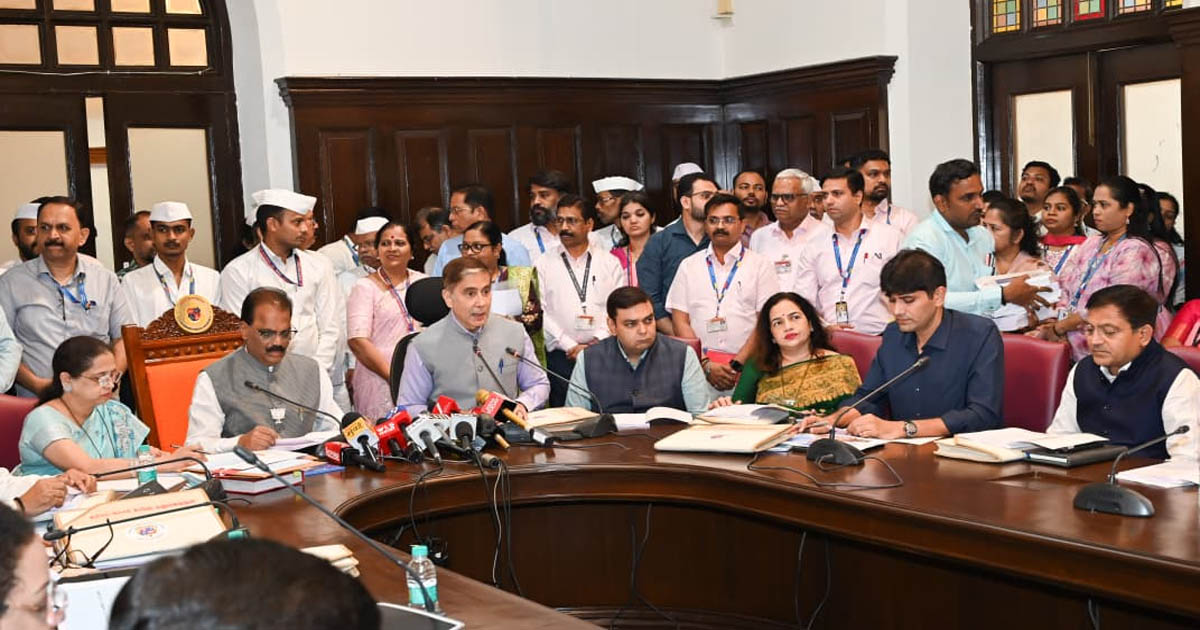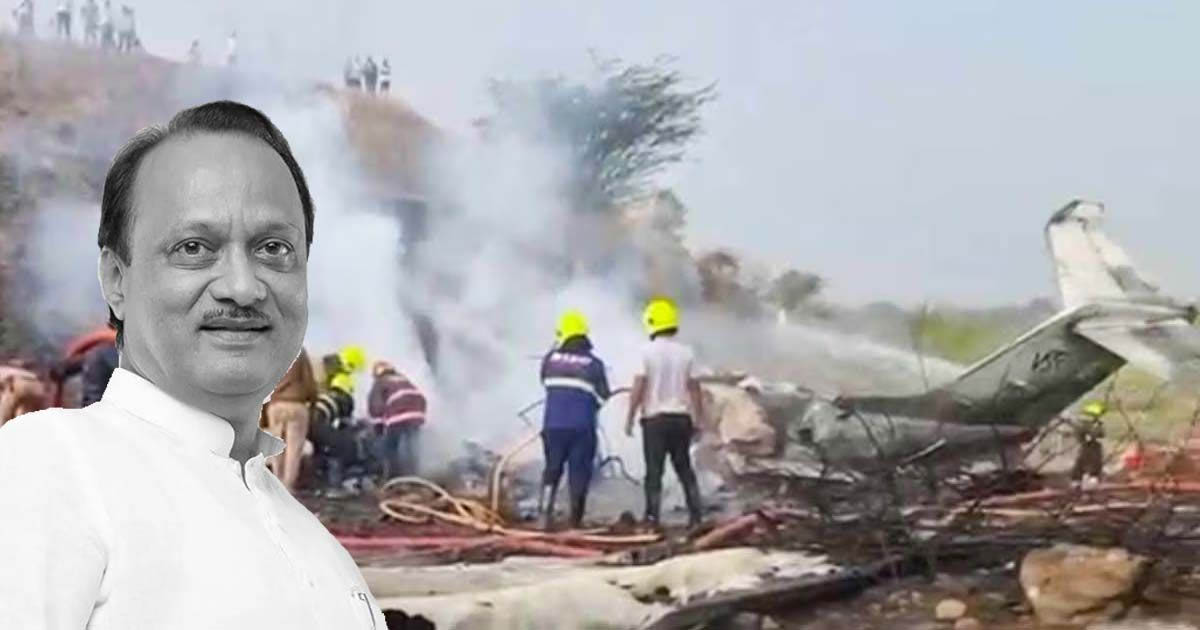General
At 38,948, India sees slight decline in daily Covid cases

After registering over 40,000 Covid cases daily in the past few days, India witnessed a slight decline with 38,948 new cases recorded in the last 24 hours, pushing the total to 3,30,27,621, according to the Union Ministry of Health and Family Welfare on Monday.
At the same time, the country registered 219 new deaths due to Covid, taking the cumulative fatalities to 4,40,752. The mortality rate stands at 1.33 per cent, according to the Union Health Ministry.
A total of 43,903 Covid infected patients recovered or discharged in the last 24 hours taking the the tally of Covid recovery to 3,21,81,995. The Covid recovery rate was reported at 97.44 per cent, according to the health ministry’s report.
The active cases in the country stand at 4,04,874, which accounts for 1.23 per cent of the total cases.
As per the ministry’s data, India’s daily Covid positivity rate was reported to be at 2.76 per cent for the last one week, while the weekly positivity rate was at 2.58 per cent. It has remained below 3 per cent for the last 73 days.
A total of 53,14,68,867 Covid samples were tested so far in the country, of which 14,10,649 samples were tested in the last 24 hours, ministry’s data said.
India has so far administered 68.75 crore doses of Covid vaccines, including 25,23,089 doses in the last 24 hours.
Kerala continued to witness a high number of cases with 26,701 new cases reported in the last 24 hours, till Sunday evening. Several of its districts recorded a high number of new cases. Kozhikode recorded the highest number of cases with 3,366 followed by Thrissur (3,214), Ernakulam (2,915), Malappuram (2,568), Palakkad (2,373), Kollam (2,368), Thiruvananthapuram (2,103), Kottayam (1,662), Alappuzha (1,655), Kannur (1,356), Idukki (1,001) and Pathanamthitta (947), the Kerala government’s press release said on Sunday.
On Sunday, a 12-year-old boy was reported to have died of Nipah virus in Kerala.
Maharashtra
Abu Asim response to Nitesh Rane’s statement that madrasas are the base of terrorism: Rane is a liar

Mumbai: Maharashtra Minister Nitesh Rane, while demanding a ban on madrasas, called them a haven for terrorism and showed hostility towards Muslims, on which Maharashtra Samajwadi Party leader and MLA Abu Asim has called Nitesh Rane a liar. He said that Nitesh Rane is lying about madrasas. No training for terrorism is given in madrasas in our country. This is the brainchild of Nitesh Rane. If there is any doubt, then madrasas should be monitored 24 hours a day with cameras. Defaming madrasas is just part of divisive politics. The fact is that madrasas educate orphans and poor children and make them good human beings. If we look at history, the students of these same madrasas sacrificed their lives for the country’s freedom. The purpose of madrasas has always been to serve humanity. BJP’s politics is now limited to Muslims, mosques, prayers and madrasas. He said that the way BJP and Nitesh Rane are conspiring to defame madrasas, they can never succeed in their goal because this madrasa is not your lair, but the people are made from the soil of this place. Politics is involved in all the allegations made against madrasas and that is why there is no need to pay attention to Nitesh Rane’s words, his job is to spread poison and divide Hindus into Muslims.
Maharashtra
Mumbai Municipal Corporation presents budget with deficit of Rs 80,952.56 crore for 2026-27, 8.77% increase in expenditure over last year’s estimate

Mumbai: Municipal Corporation (BMC) has presented its deficit budget for the current financial year. It has presented a budget of Rs 80,952.56 crore for the financial year 2026-27, against an estimate of Rs 89.84 crore. Municipal Commissioner Bhushan Gagrani presented the budget along with Standing Committee Chairman Prabhakar Shinde.
The new expenditure is higher than the previous year’s budget of Rs 74,427.41 crore. The civic body said it has adopted a policy of reducing administrative expenditure and has made strong arrangements for development works.
The corporation currently has Rs 81,449 crore and 32 lakh crore. Of this amount, Rs 44,826 crore and 23 lakh crore are earmarked deposits and cannot be used. The remaining amount of Rs 36,623 crore and 09 lakh crore can be used for other civic projects.
Officials said the corporation may break some deposits to fund infrastructure and development initiatives.
A key policy decision in the budget relates to outdoor advertising. The civic body has imposed a complete ban on billboards larger than 40 by 40 feet. It will also not allow billboards on footpaths or building roofs. No new approvals will be given for such structures. The move is aimed at improving public safety and curbing dangerous hoardings.
The budget has provided Rs 5,237 crore for the health department for 2026-27. The civic body also said that 1.35 crore citizens have availed services at the Hindu Hardai Samrat Balasaheb Thackeray Hospital. It plans to introduce free AI-based treatment for diabetes and eye diseases at the hospital.
To tackle the rising air pollution in the city, the corporation has allocated Rs 159.82 crore for environment and cleanliness. The budget includes Rs 1,000 crore as grant to BEST. The education department has been allocated Rs 4,248.8 crore. Solid waste management gets Rs 580.82 crore, while the storm water drainage department gets Rs 1,800 crore.
The allocation for infrastructure is Rs 6,875 crore for roads and transport, Rs 9,650 crore for bridges, Rs 950 crore for coastal road project, Rs 1,330 crore for water engineering and Rs 6,600 crore for sewerage project works. Rs 800 crore has been allocated for parks and zoos. The budget emphasizes administrative expenditure for infrastructure development.
Maharashtra
Mumbai: Ajit Pawar plane crash, Marine Drive police station refuses to register case against MLAs

Mumbai: Police has refused to register a case in the Ajit Pawar plane crash case. NCP leader MLA Rohit Pawar along with other MLAs had today gone to Marine Drive police station and demanded that a case be registered in the Ajit Pawar plane crash or conspiracy case. The process of recording his confession statement was also going on, but in the meantime, the DCP and Additional Police Commissioner refused to register a case and said that a case cannot be registered in this matter. Expressing his displeasure, Rohit Pawar said that the purpose of registering an FIR today is that the DGCA has issued a circular on the basis of which action has been taken regarding the VSR company, on this basis the VSR company is responsible for this plane crash, yet the police have refused to register a case. He said that any citizen can register a complaint at the police station, this act says, but contrary to this, the police have refused to register a case. He said that efforts are underway to save the VSR company. He said that the police register cases for other crimes including assault, but why is the police not registering a case on the incident that happened with a Maratha leader and Deputy Chief Minister Ajit Pawar? This is completely wrong. Our struggle will continue until justice is achieved. He said that tomorrow morning we will try to register a complaint at the Baramati police station. Rohit Pawar expressed his disappointment and said that if a Deputy Chief Minister does not get justice, then what will happen to the common man? Regarding the registration of a case in the case of Deputy Chief Minister Ajit Pawar, the ruling party BJP has also taken its stand that a case should not be registered in this matter, while it has also recommended a CBI inquiry into this matter, but despite this inquiry, we have the right to register an FIR, yet we are being deprived of it and have refused to take an FIR.
-

 Crime4 years ago
Crime4 years agoClass 10 student jumps to death in Jaipur
-

 Maharashtra1 year ago
Maharashtra1 year agoMumbai Local Train Update: Central Railway’s New Timetable Comes Into Effect; Check Full List Of Revised Timings & Stations
-

 Maharashtra1 year ago
Maharashtra1 year agoMumbai To Go Toll-Free Tonight! Maharashtra Govt Announces Complete Toll Waiver For Light Motor Vehicles At All 5 Entry Points Of City
-

 Maharashtra1 year ago
Maharashtra1 year agoFalse photo of Imtiaz Jaleel’s rally, exposing the fooling conspiracy
-

 National News1 year ago
National News1 year agoMinistry of Railways rolls out Special Drive 4.0 with focus on digitisation, cleanliness, inclusiveness and grievance redressal
-

 Maharashtra1 year ago
Maharashtra1 year agoMaharashtra Elections 2024: Mumbai Metro & BEST Services Extended Till Midnight On Voting Day
-

 National News1 year ago
National News1 year agoJ&K: 4 Jawans Killed, 28 Injured After Bus Carrying BSF Personnel For Poll Duty Falls Into Gorge In Budgam; Terrifying Visuals Surface
-

 Crime1 year ago
Crime1 year agoBaba Siddique Murder: Mumbai Police Unable To Get Lawrence Bishnoi Custody Due To Home Ministry Order, Says Report


















